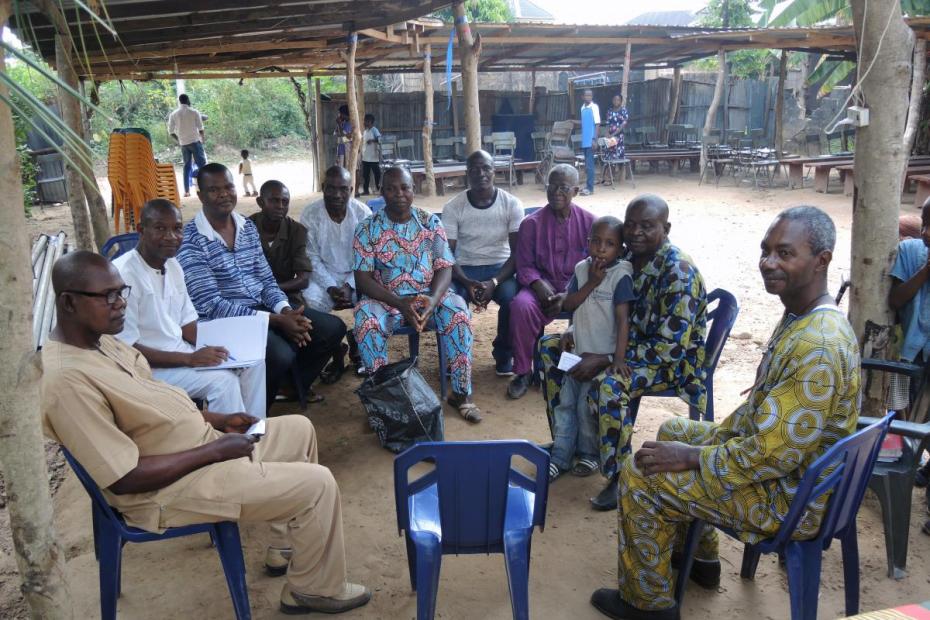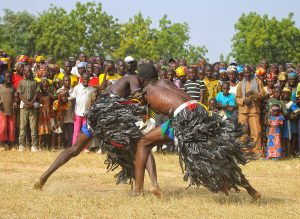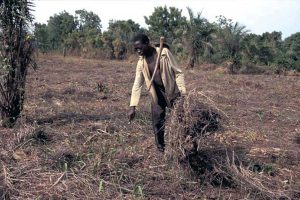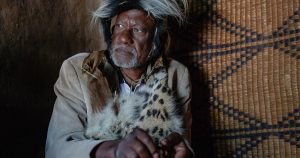The idea of “umunna” is basic in Igbo society and helps one to grasp the social and family systems controlling daily life. Often translocated as “clan,” or “extended family,” the word “umunna” describes a patrilineal kinship group. Those in this group trace their lineage to a shared male ancestor. Providing a framework for identification, support, and community government, the umunna is very vital in the social, political, and economic lives of the Igbo people. The importance of the umunna in Igbo society, its tasks and obligations, and its continuing relevance in modern society are investigated in this paper.
The Structure of Umunna
Comprising all male descendants of a common ancestor, the umunna is a large, extended family group including their spouses and children. The lineage is absolutely patrilineal, hence the male line carries on membership. Smaller divisions of the umunna, also referred to as “umunne,” pertain to the nuclear family or close kin. The fundamental building blocks of the more expansive umunna are these smaller components.
Usually the eldest male member of the umunna, often referred to as the “okpara” or “diokpa,” is its head. Within the umunna, the okpara is very powerful; she represents the group and makes decisions on its behalf. His duties include preserving order, settling conflicts, and guaranteeing adherence to umunna norms and traditions. The okpara emphasizes even more the significance of lineage and continuity in Igbo culture by conducting rites and ceremonies involving the ancestors.
Operating as a community body, the umunna has members sharing duties, resources, and responsibilities. Regular meetings when members come to address problems influencing the group, make decisions, and provide mutual support help to strengthen this feeling of community identity. Maintaining the cohesiveness and togetherness of the umunna as well as supporting the ideals and standards that direct member conduct depend on these gatherings.
Roles and Responsibilities
From birth and throughout through life, the umunna performs various important responsibilities in the life of an Igbo person. Supporting its members both socially and economically is one of the main obligations of the umunna. When one is in need—that of disease, death, or financial difficulty—the umunna jumps in to help. This help might come from labor, emotional support, and financial assistance as well as from each other. The umunna’s communal character guarantees that none of its members is left to overcome obstacles by themselves.
Apart from supporting its members, the umunna acts as a governing body supervising their behavior and implementing social conventions. Whether they affect property, marriage, or another issue, the umunna serves as a court of first instance for settling conflicts. The umunna makes binding decisions, hence members are required to follow them. This function in conflict resolution keeps the group in peace and helps to stop arguments from turning into more major ones.
Transmission and maintenance of cultural values and customs is another vital role the umunna serves. Making sure that the practices, rites, and beliefs of the ancestors are handed on to next generations falls to the umunna. For the Igbo people, this entails planning and taking part in events like celebrations, burials, and marriages—all of which define their cultural identity. Younger members’ education depends much on the umunna, who also imparts group history, values, and traditions.

Marriage and the Umunna
In Igbo society, marriage is more than simply a marriage between two people—rather, it’s a combining of two families, more precisely two umunna. A man’s umunna must approve his marriage proposal; so, the marriage discussions include representatives from both the bride’s and the groom’s umunna. This procedure guarantees that the marriage is a community choice with consequences for the whole umunna rather than just a personal one.
The umunna’s participation in marriage goes beyond the first union. The umunna supports the couple by offering direction and help throughout the marriage. Should marital troubles develop, the umunna might step in to arbitrate and settle the conflicts. This group control supports the value of family relationships and helps to preserve the stability of marriages.
Land Ownership and the Umunna
In Igbo society, land is a basic resource and ownership and control of it are intimately related with the umunna. Land is traditionally regarded as community property, under trust by the umunna for the benefit of every one of its members. Allocating land to members is the responsibility of the okpara and other umunna elders, who guarantee that every family has plenty of land to cover its requirements.
The umunna makes decisions on the usage and distribution of land together, including advice from every member. This communal approach to land management guarantees sustainable use of resources and consideration of the group’s whole requirements. It also emphasizes how land is a common legacy handed on from the past and maintained for future generations.
Land disputes are not unusual, but the umunna offers a means of settling these problems. The umunna settles conflicts by using customary rules and conventions to ascertain the proper use or ownership of the land. Every member values the choices the umunna makes, which helps to avoid problems upsetting the peace of the society.
Umunna in modern Igbo society
Though its function has changed in response to social and economic developments, the umunna is still a fundamental institution in modern Igbo society. Particularly in relation to land ownership and conflict settlement, urbanization, migration, and the impact of contemporary legal systems have changed the ancient purposes of the umunna. Still, the umunna is vital for preserving cultural identity and providing social support.
In metropolitan regions, when members of the same umunna might be scattered, the group usually adjusts by creating unions or groups with like goals. These urban umunna organizations keep meeting frequently to assist members and plan cultural activities meant to preserve their link to their ancestral background.
For the Igbo people, the umunna is still a vital source of identity and belonging even if modernity presents some difficulties. It links people to their forebears and the ground, therefore offering a continuity with the past. The umunna reminds us also of the fundamental Igbo principles of respect of tradition, community duty, and mutual assistance.
Conclusion
Foundational in nature, the umunna in Igbo society embodies cultural continuity, kinship, and community obligation. By means of its functions in social assistance, government, and cultural preservation, the umunna offers a framework for comprehending the connections and ideals defining Igbo society. Although the umunna has changed with modernity, its continuing relevance emphasizes the value of family and community in the life of the Igbo people. The umunna, a living institution, keeps forming the identity and experiences of the Igbo by tying them to their history and pointing them forward.
Please read all our stories on African Culture here




